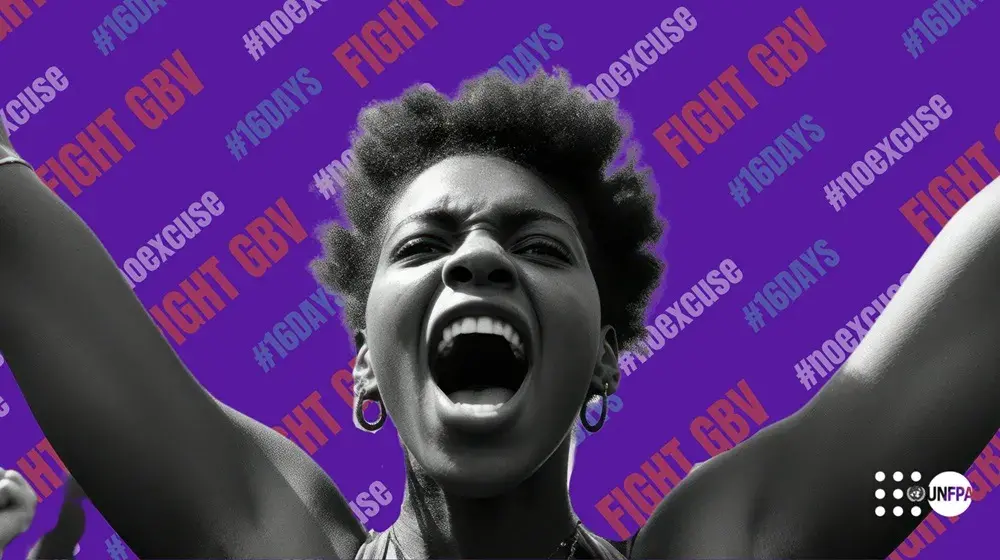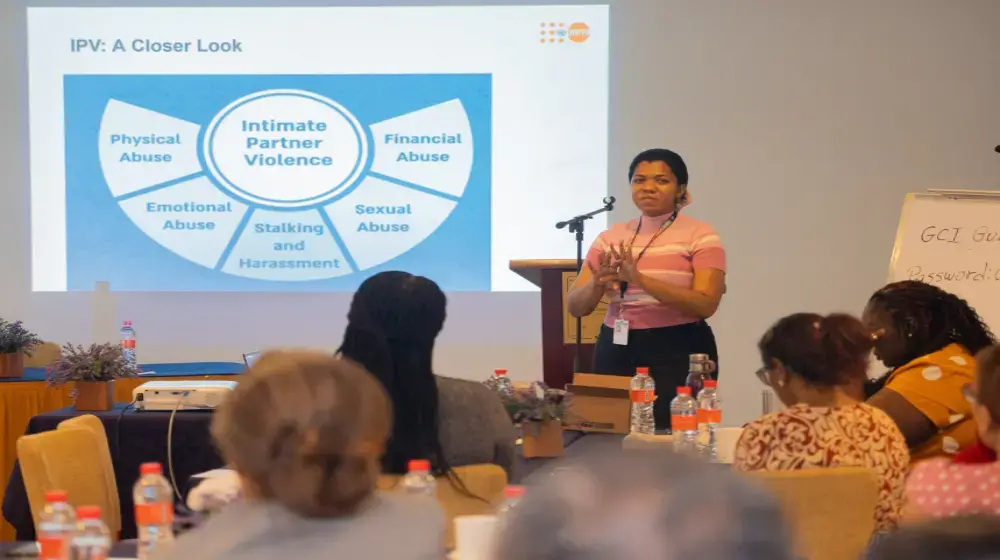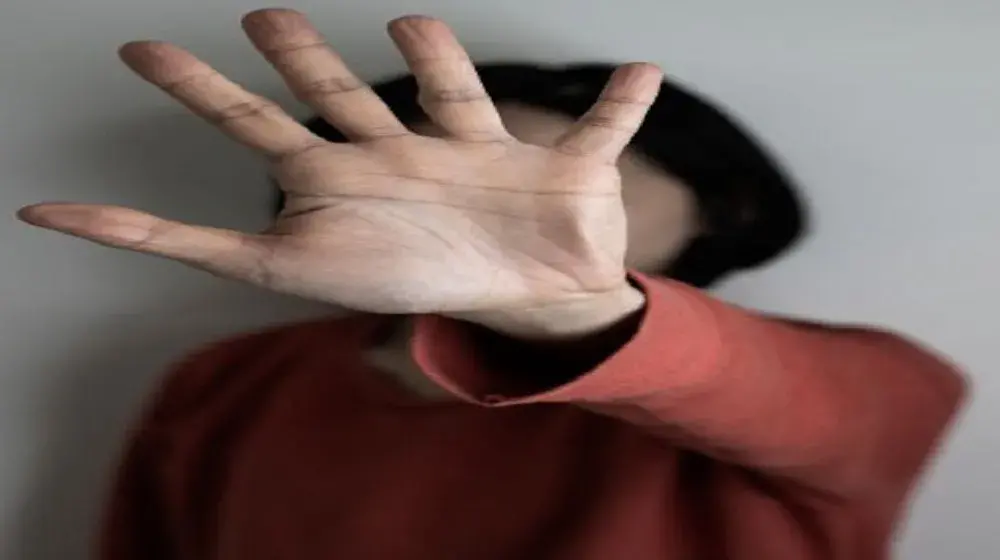Notwithstanding progress made in Jamaica in advancing gender equality and women’s and girls’ empowerment, gender discrimination, including its worst manifestation and forms, such as violence against women and girls, continue to adversely impact all the dimensions of sustainable development in the nation.
The country has the second highest rate of femicide – intentional homicide of females - in the world, according to the UN Office on Drugs and Crime (UNODC). Topping the list was El Salvador with 13.9 out of every 100,000 women murdered in 2017, followed by Jamaica with 11 per 100,000 in the same year. The femicide epidemic threshold rate established by the World Health Organization is 10 murders per 100,000. Jamaica is therefore at epidemic level. By contrast, a regional comparison showed rates of 6.6 for Trinidad and Tobago, 5.6 for Grenada, 2.6 for Guyana, and 2 for Barbados, respectively.
It is widely recognized that police statistics do not present the precise data in relation to the incidence of violence against women and girls, since many persons do not report the offence to the police. Many women often do not tell anyone about the abuse they experience and in many instances the bystanders or others who are aware of the abuse do not report it to the police. However, according to the 2016 Women's Health Survey, one in four Jamaican women have suffered physical violence at the hands of their partner. In some communities, rates are reportedly as high as 60 per cent.
The Sustainable Development Goals (SDGs), which seek to achieve global economic, social and environmental sustainable development by 2030, will not be realized without investment in the health and well-being of adolescents in all their diversity. The World Health Organization (WHO) has stated that available data in Jamaica indicates significant health challenges in the adolescent population, including one of the lowest secondary education enrolment rates in the region and one of the highest mortality rates due to homicide and traffic fatalities in adolescent males in the whole region of the Americas.
According to published reports, the issues affecting Jamaican adolescents include:
- Gender inequalities
- Limited access to accurate, comprehensive and age and gender appropriate health (including sexual and reproductive health) information and support services
- Physical and sexual abuse including trafficking
- Lack of opportunities for meaningful adolescent engagement
- Insufficient leadership and empowerment opportunities
- Limited reach of adolescent-focused programmes and services.
These underlying determinants, further exacerbated by patriarchal gender norms, may result in early sexual debut, incest, adolescent pregnancy, sexual violence, forced/coerced sex, interrupted education, substance abuse and misuse, negative peer pressure, low self-esteem, lack of proper parental guidance and emotional instability. They may also cause truancy, defiance, suicidal tendencies, multiple sexual partnerships, violence, social withdrawal and lack of attachment. Some of the drivers or facilitators of these behaviours include local culture, social media, the need to belong, and other developmental issues.
In light of the foregoing, it has been argued that given the challenges that children, adolescents, and young people face in their daily lives, additional emphasis needs to be placed on the acquisition of skills more than content knowledge. A life skills approach has therefore been adopted in the teaching of Health and Family Life Education (HFLE) in primary and secondary schools in Jamaica. The Pan American Health Organisation (PAHO) broadly defines life skills as the abilities that enable one to build the needed competencies for human development and to adopt positive behaviours that enable one to deal effectively with the challenges of everyday life. The concept of life skills assumes that there are sets of life roles that each person needs to fulfil.
The overall objective of Spotlight Initiative Activity 3.1.4 in Jamaica is to support the Ministry of Education, Youth and information (MOEYI) and civil society organisations (CSOs) to scale up and sustain the implementation of the Health and Family Life Education (HFLE) curriculum with a stronger focus on violence against women and girls (VAWG) and family violence (FV) for children and young people in and out of school.
Implementation has progressed well and the following achievements have resulted:
Training conducted in GBV/VAWG for MOEYI and CSO programme staff: Training has been conducted for educators in the MOEYI as well as HFLE Teachers, Deans of Discipline, Guidance Counsellors in 16 schools in Westmoreland, St. Thomas, Clarendon, Kingston & St Andrew. The topics included the importance of a human rights and survivor-centred framework; goals and activities of GBV/VAWG programming; and a review of GBV/VAWG and gender issues relevant to the education sector. The GBV/VAWG referral pathway being advanced under the Spotlight Initiative also formed a part of the training.
In addition, the review and updating of digital media assets for HFLE sessions in schools are taking place in close consultation with the MOEYI stakeholders. For out-of-school youth, HFLE materials are being developed for the first time. The assets will be nuanced in light of the heightened sexual and reproductive health (SRH) risks and vulnerabilities faced by out-of-school and often unattached youth such as GBV/VAWG, HIV and other sexually transmitted infections (STIs), unplanned pregnancy, transactional sex, commercial sex, and human trafficking.





